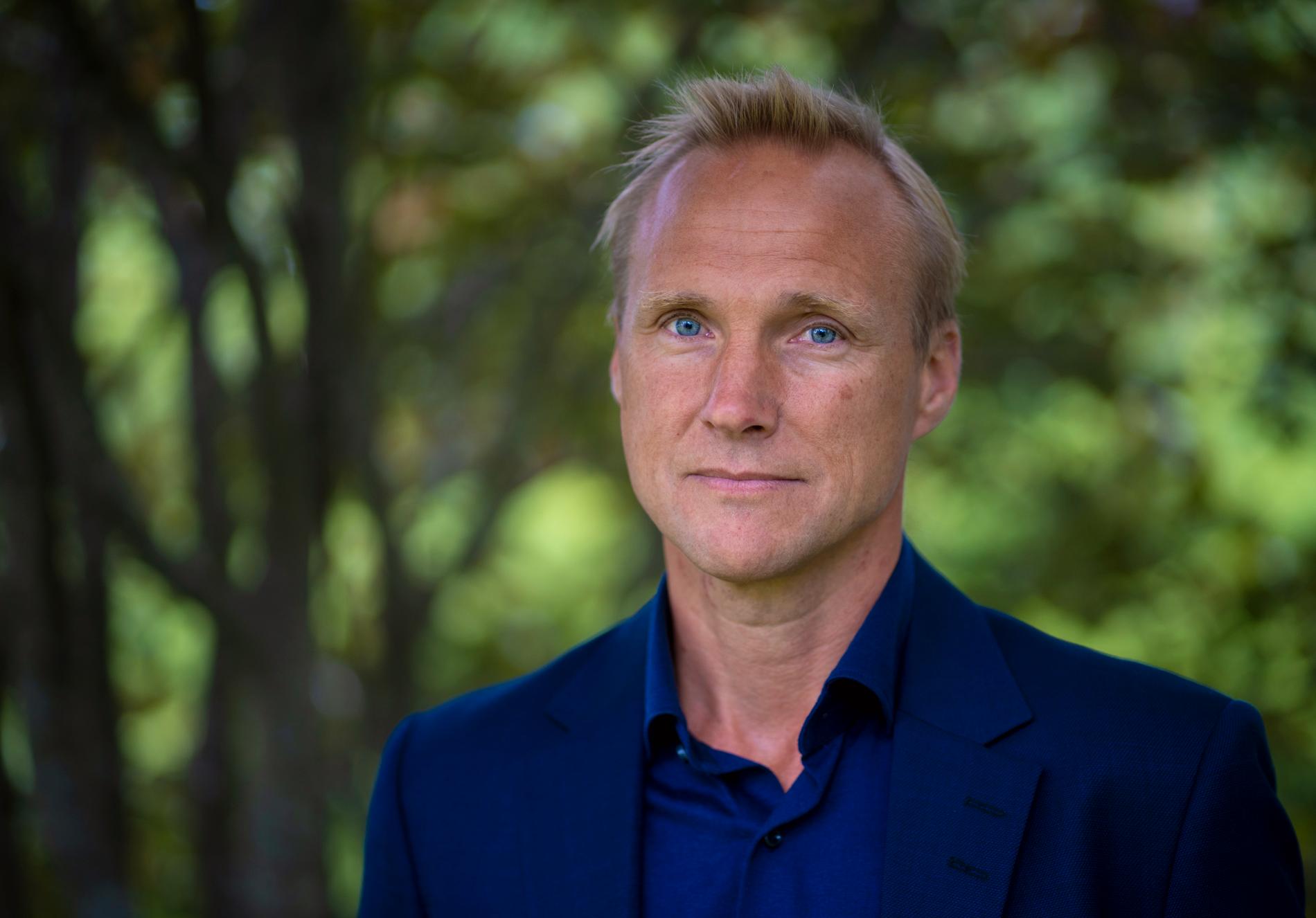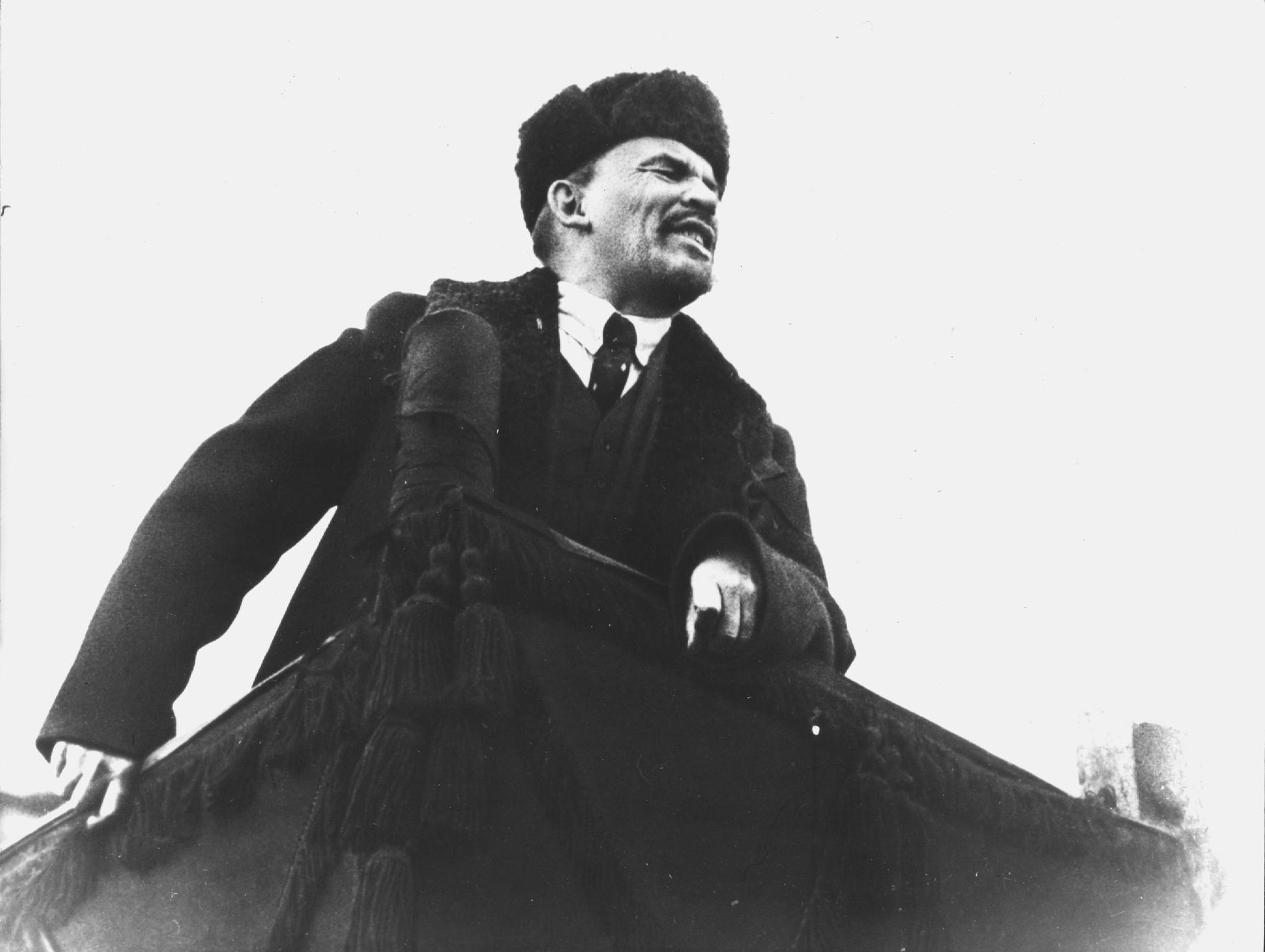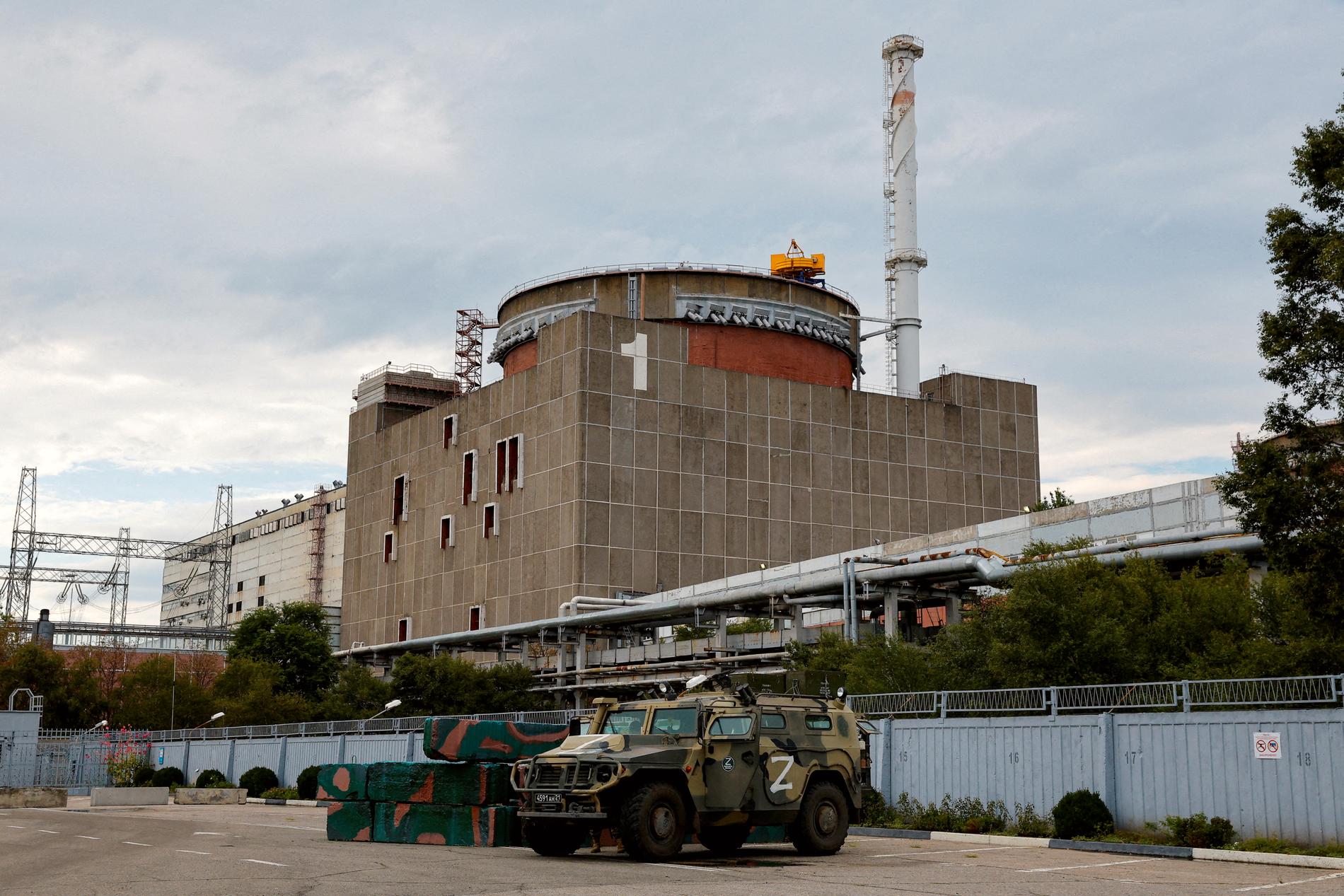Several Russian demonstrators protesting the war in Ukraine have been imprisoned, and are said to have been forced into the army. Experts say whether Putin allows himself to be influenced by the war resistance is uncertain.
Russia Partial packing It made many in the country see red.
According to OVD-info, 1,307 people were arrested afterwards big protests On September 21.
Jörn Holm Hansen is a senior researcher in Oslo MIT and does research in Russia. He told VG that the mobilization affects much larger portions of the population more directly than the war has done thus far.
– In Russia, it was partly possible to pretend that this war is not happening. Now your son, nephew, companion or lover can be called, and after that it is directly related to you. Most Russians think this war is bad because the neighbors are the ones affected, says Holm Hansen.
On Moscow’s main Arbat Street, protesters are said to have chanted “No to war!” and “Putin in the trenches,” many of whom carried anti-war posters. This is according to the organization Suta.
– Almost immediately, the security forces, who were here before the start of the operation, began to arrest the demonstrators, Sota wrote.
The organization Vesna reported that there were protests in 36 cities across Russia, with the largest demonstrations in Moscow, Saint Petersburg, Yekaterinburg, Perm and Ufa. Of the 1,307 arrested, 527 were in Moscow and 480 in St. Petersburg, OVD-info reports.
1 / 5
Protesters are called to the front
The arrested protesters tell OVD-info that they have received a summons to the recruitment offices. It is said that this happened in six police stations in Moscow.
One of those who received such a summons is Kirill Goncharov, a politician in the independent Gabloko party.
The wife of a detainee at a Moscow police station told MediaZona that the military commissar personally handed the summons to her husband.
– They photographed how they gave him a summons and said that he had no choice but to accept him, because he is a citizen of the Russian Federation and is obliged to appear before the commission tomorrow, she said.
It’s hard to say what will happen to the protesters, Holm Hansen explains, but some may want to be released, others will be fined, and some may even be imprisoned.
– The Moscow Prosecutor’s Office warned before the demonstrations that the maximum sentence is 15 years, says the chief researcher.
– I hope this is just a scare, so that these boys are not sent to the battlefield. It must be remembered that this mobilization is partial, and that the recruits are mainly those with a special education in defense, says Holm Hansen.

– Protests can get sticks in wheels
Tormod Heyer, professor of strategy and military operations at the Norwegian Armed Forces College, believes the protests could cause problems for Putin.
Protests can put a stick in the wheels of the Kremlin, because further mobilization in civil society will take longer. It is clear that Putin sees a growing opposition among the population. Heier tells VG that access to more soldiers is the only tool Putin has left to direct conventional forces on the offensive.
But Haier does not believe that more soldiers will solve Putin’s problems on the battlefield.
Russia’s defense faces fundamental problems, as there are no quick solutions. Internal coordination problems, management problems with soldiers, and a lack of logistics in the combat zone, Heyer says.
Russia’s partial mobilization will give 300,000 new troops, but Heyer doubts whether those will make any difference. He says the protests will have the greatest impact on Russia’s domestic political stability.

– It is not certain that the protests will have a significant impact, because regardless of whether the Russians send more people to war, the new crews will not add more combat power. This is because the summoned reserves are not part of a well-trained combat system that runs smoothly. The absence of a well-organised, cohesive, and trust-based fighting organization means that the political gains from mobilization are unlikely to materialize, Heyer says.
Senior scholar Holm Hansen believes that Putin expected protests, and that the president believed the country would be able to quell them.
– Perhaps Putin fears public opinion. In Russian history, they have experience that people turn against absurd war when it affects people. This is how the Russian Revolution of 1917 arose. Then Russia got involved in the First World War. People stopped believing the national propaganda. Instead, they begin to ask themselves why they starve and suffer and send their youth into meaningless war, says Holm Hansen.

Maybe just a tool: – atomic sword
Recently, Ukraine has implemented A very successful counterattack, Where they recovered large areas. Professor Heyer says Putin has been cornered.
Putin sees the political tools as completely empty. It’s empty because the military is worse than he thought. This means that he may have one tool left: the rumble of the atomic sword. There are many steps here. A step up this brutal ladder could be shootings near nuclear power plants in Ukraine. The missiles collided gradually more and more, Haier says, eventually possibly the nuclear power plant itself.
Another step on the ladder could be putting tactical nuclear weapons on higher alert, hopefully affecting the radar of Ukrainian or Western intelligence. Another step in the peace, Haier says, could be to display such weapons or test blasts or shoots at increasingly critical locations in the conflict zone.

Pro-Russian leaders of the breakaway republics of Donetsk and Luhansk, both located in the Donbass region of Ukraine, Want referendums to be able to become part of Russia.
– If mock referendums in Russian-occupied territories lead to integration into Russia, the Ukrainian liberation struggle may, from Moscow’s point of view, be seen as an existential threat, legitimizing further penetration with tactical nuclear weapons, says Heyer.
Senior researcher Holm Hansen claims that if the demonstrations do not subside, it will frighten Putin.
Putin is actually very interested in public opinion. On the other hand, he was always under pressure from within the power apparatus. There, the most warlike people are now on the offensive. These are the ones applying pressure through so-called referendums and the mobilization of military personnel, says Holm Hansen.
Watch the video – liberated by Russian forces:

“Organizer. Social media geek. General communicator. Bacon scholar. Proud pop culture trailblazer.”

